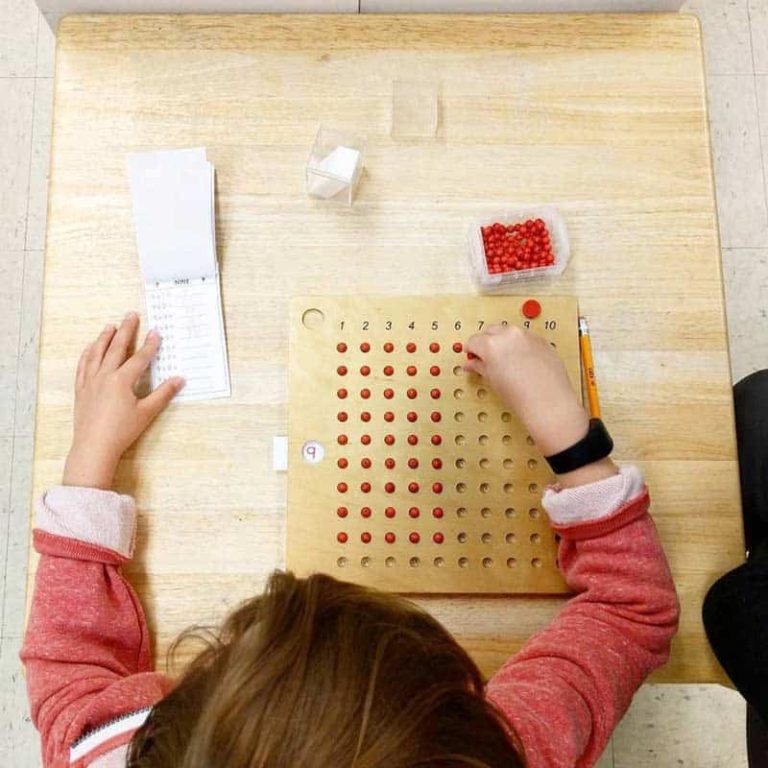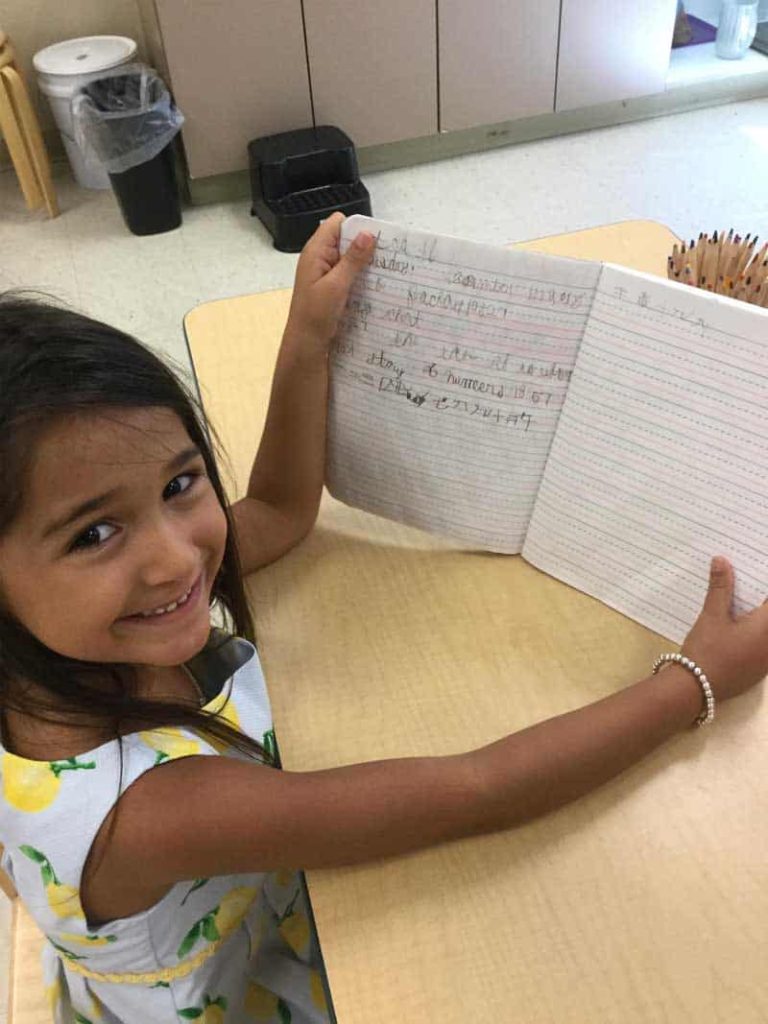The Montessori Philosophy

In the Montessori Classroom, children are allowed to choose their work instead of the teacher choosing the work for them. The trained teacher in the Montessori classroom serves more as a guide whose responsibility is to observe children during their work periods and assess them according to mastery. By observing children’s behaviors, the teacher is able to identify what motivates them.
What's the difference?
Which path is best for your child?
Conventional
- Start School Late (5-6 years)
- One age (grade) in each classroom
- Remain seated at desk
- Emphasis on conformity
- Rewards & Punishments
- Teacher as disciplinarian
- Little parent involvement
- Annual promotion
Montessori
- Start School Early (18 months)
- Three year age range in each classroom
- Encouraged to move around the room
- Emphasis on individuality
- Natural & logical consequences
- Self correcting materials
- Strong school/home ties
- Progress at individual rate
Our Mission
Our Belief
The Montessori materials are tools to stimulate the child into logical thought and discovery. They are provocative, enticing and simple. Each piece of material presents one concept or idea at a time and has what is known as a “control of error.” If the child has done something incorrectly it will be self-evident. Being able to see his or her own mistake allows the child to work independently.

The education of even a small child, therefore, does not aim at preparing him for school, but for life.
Maria Montessori - Italian physician and educator

The three-year age range enables older children to teach the younger and learn much themselves from the experience. The younger children become inspired to try more advanced work through observing the older ones. With such a variety of levels in the classroom, each child can work at his or her own pace, unhindered by competition and encouraged by co-operation.
Following the principle of freedom within limits, we guide children to make appropriate decisions and to achieve self-management. Self-discipline leads to independence and freedom. Freedom to socialize occurs when children respect the concentration and space of others. Help us dispel any myths you may have heard by scheduling a first-hand observation at our school.


